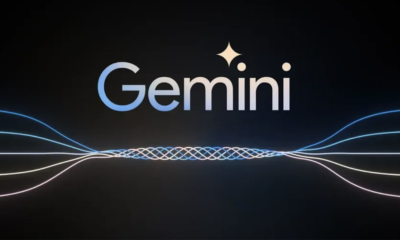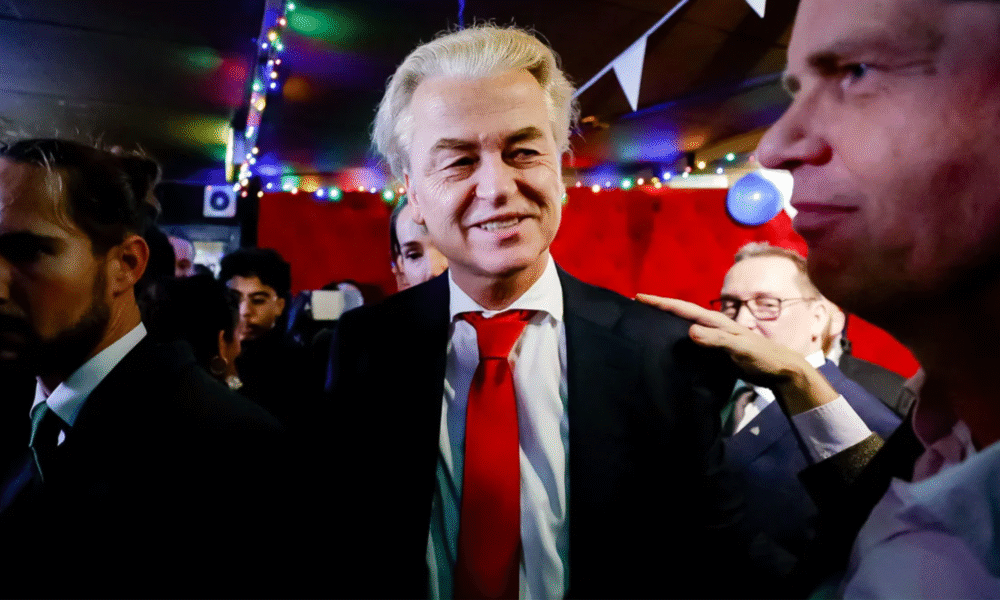Artificial Intelligence
Dutch Watchdog Warns Citizens: Don’t Ask AI Chatbots for Voting Advice
With national elections approaching on October 29, the Dutch Data Protection Authority (DPA) has issued a strong warning to citizens: do not rely on AI chatbots for voting advice. The regulator found that several major AI platforms provided biased, unreliable, and polarised recommendations that could distort voter decision-making.
The watchdog tested four widely used AI chatbots — ChatGPT, Gemini, Mistral, and Grok — using 1,500 fictitious voter profiles. The findings were troubling: more than half of the chatbots’ recommendations pointed users toward either the far-right Party for Freedom (PVV) or the left-wing Green Left–Labour alliance.
The agency said this pattern demonstrates a lack of political neutrality and transparency, warning that the tools “consistently fail as reliable voting aids.”
“A Distorted and Polarised View of Politics”
Monique Verdier, the DPA’s deputy chair, emphasized that the misuse of AI in elections poses a direct threat to democratic integrity. “These systems offer a highly distorted and polarised view of politics,” Verdier said. “This directly impacts a cornerstone of democracy: the integrity of free and fair elections.”
Verdier urged voters to avoid consulting AI chatbots for political guidance and called on technology companies to prevent their tools from being used as voting assistants.
The regulator’s warning arrives amid growing concern across Europe about how artificial intelligence could influence democratic processes, particularly as generative AI becomes more accessible to the public.
Biased Bots and Dutch Politics
The Netherlands, which has been governed by coalition governments since the 1940s, currently has 15 political parties represented in parliament. But the DPA’s tests found that chatbots often ignored smaller or centrist parties, even when prompted with policy preferences aligned with those groups.
The Christian Democratic Appeal and Denk, for instance, were “almost never suggested” by AI systems, highlighting how algorithmic biases can amplify political extremes.
Meanwhile, the PVV, led by anti-immigration figure Geert Wilders, continues to dominate opinion polls following its shock victory in 2023. While the PVV is projected to win the most seats again in 2025, it is unlikely to secure a governing majority, as most mainstream parties have ruled out coalition deals with Wilders.
A Global Issue of AI and Democracy
The Dutch warning adds to a global debate over AI’s role in shaping political opinions. Similar concerns have surfaced in the United States, India, and the United Kingdom, where regulators are studying how AI-generated content could sway voters or spread misinformation ahead of elections.
As millions of Dutch citizens prepare to cast their ballots, experts are urging vigilance. The DPA’s message is clear: while AI tools may seem convenient, their lack of transparency, traceability, and accountability makes them ill-suited for democratic decision-making.
Monique Verdier summed it up bluntly: “AI chatbots may seem clever, but when it comes to voting, they are not your friend.”
























































